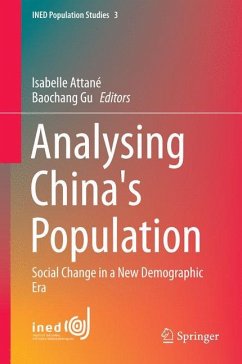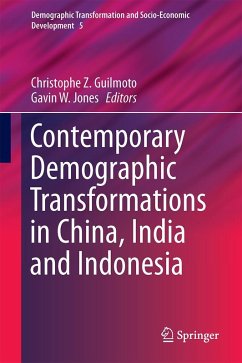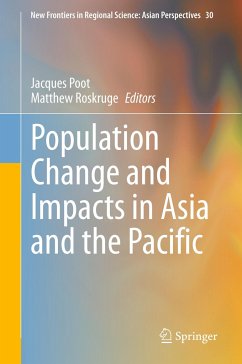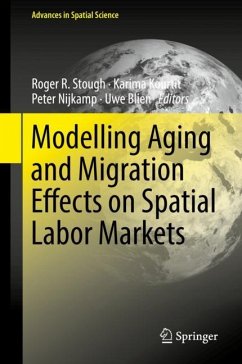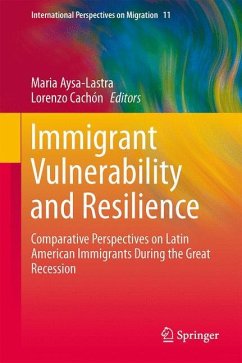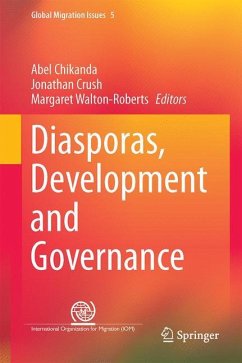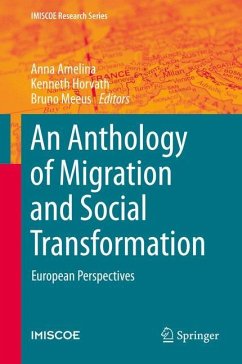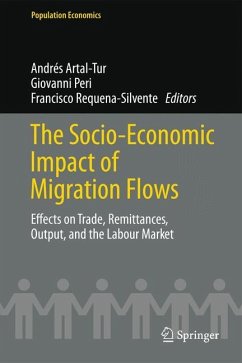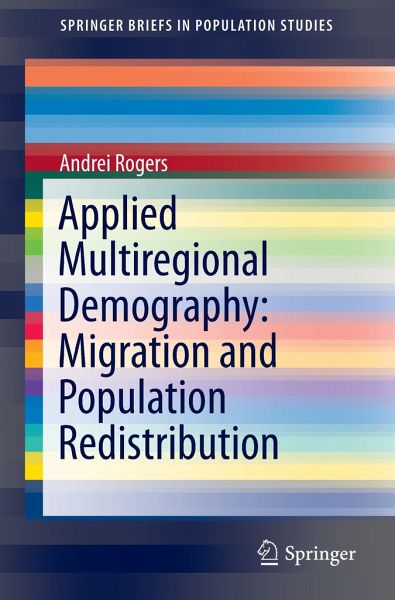
Applied Multiregional Demography: Migration and Population Redistribution

PAYBACK Punkte
19 °P sammeln!
This book shows the effectiveness of multiregional demography for studying the spatial dynamics of migration and population redistribution. It examines important questions in demographic analysis and shows how the techniques of multiregional analysis can lead to answers that sometimes contradict conventional wisdom.The book reconsiders conclusions reached in the literature regarding several fundamental common sense demographic questions in migration and population redistribution, including: Is it mostly migration or "aging-in-place" that has been driving Florida's elderly population growth? Do...
This book shows the effectiveness of multiregional demography for studying the spatial dynamics of migration and population redistribution. It examines important questions in demographic analysis and shows how the techniques of multiregional analysis can lead to answers that sometimes contradict conventional wisdom.
The book reconsiders conclusions reached in the literature regarding several fundamental common sense demographic questions in migration and population redistribution, including: Is it mostly migration or "aging-in-place" that has been driving Florida's elderly population growth? Do the elderly return "home" after retirement more than the non-elderly do? Does longer life lead to longer ill-health? Do simple population projection models outperform complex ones?
For each demographic question it reconsiders, the book begins with a simple empirical numerical example and with it illustrates how a uniregional specification can bias findings to favor a particular, and possibly incorrect, conclusion. It then goes on to show how a multiregional analysis can better illuminate the dynamics that underlie the observed population totals and lead to a more informed conclusion.
Offering insights into the effectiveness of multiregional demography, this book serves as a valuable resource for students and researchers searching for a better way to answer questions in demographic analysis and population dynamics.
The book reconsiders conclusions reached in the literature regarding several fundamental common sense demographic questions in migration and population redistribution, including: Is it mostly migration or "aging-in-place" that has been driving Florida's elderly population growth? Do the elderly return "home" after retirement more than the non-elderly do? Does longer life lead to longer ill-health? Do simple population projection models outperform complex ones?
For each demographic question it reconsiders, the book begins with a simple empirical numerical example and with it illustrates how a uniregional specification can bias findings to favor a particular, and possibly incorrect, conclusion. It then goes on to show how a multiregional analysis can better illuminate the dynamics that underlie the observed population totals and lead to a more informed conclusion.
Offering insights into the effectiveness of multiregional demography, this book serves as a valuable resource for students and researchers searching for a better way to answer questions in demographic analysis and population dynamics.





